Misc
How AI Is Quietly Transforming Australian Life: The $235 Billion Shift Toward Smarter Living
Australia is standing at the beginning of a major lifestyle transformation — one driven not by hardware, factories or highways, but by artificial intelligence. A new analysis suggests AI could unlock more than $235 billion for the Australian economy. According to the Australian Academy of Technological Sciences and Engineering (ATSE), this isn’t a distant forecast — it’s an active, unfolding shift with implications for households everywhere.
But numbers only tell part of the story.
The real impact of AI is being felt quietly and domestically — in homes, neighbourhoods, daily routines, in the small frictions that used to consume time and energy. AI is not just changing industries; it’s reshaping the rhythm of Australian life.
And it’s doing this in a subtle, almost invisible way.
The Real AI Revolution Starts at Home
For most Australians, AI won’t appear as robots on the street or futuristic devices in every corner. Instead, it shows up in the small improvements that slowly accumulate into a dramatically easier life.
Think about the hundreds of tiny decisions the average household makes every week — planning meals, comparing bills, scheduling appointments, remembering renewals, sorting tasks, coordinating with family, managing emails, adjusting heating or cooling, and endlessly catching up on chores.
AI is slowly absorbing these micro-demands.
Not by taking control, but by reducing the mental load that has long weighed down modern households.
A system that notices when your energy use spikes and adjusts accordingly.
A digital assistant that quietly reminds you what needs restocking before you even think about it.
A scheduling service that rearranges appointments when your day gets unexpectedly busy.
It’s a shift so gentle that many people don’t notice it — only that life feels slightly less chaotic than it used to.
Smart Homes Are Becoming Thoughtful Homes
Across Australia, AI-driven systems are turning ordinary homes into quietly intelligent spaces. Smart meters and home batteries adjust energy flows based on patterns. Cooling and heating systems learn preferences and reduce waste without sacrificing comfort. Even household appliances — dishwashers, washing machines, air purifiers — are beginning to optimise themselves.
The benefit isn’t simply lower bills, though that remains a welcome outcome. It’s the feeling of living in a home that works with you, not one that constantly needs managing.
It’s the difference between:
- remembering to turn things off
and - having a home that simply doesn’t waste energy in the first place.
Australia is known for valuing indoor-outdoor living, sunlight, open airflow and relaxed comfort. AI simply enhances that lifestyle by removing unnecessary effort from the background.
AI and the Changing Rhythm of the Australian Week
Work patterns in Australia have already shifted dramatically — remote work, flexible scheduling and hybrid routines are now commonplace. AI is reinforcing this change by making work itself smoother.
Meetings arrange themselves based on availability.
Documents summarise themselves before you even open them.
Emails draft faster.
Information becomes easier to retrieve.
But beyond the workplace, this affects how Australians feel at home.
When a portion of administrative labour is lifted away, evenings begin earlier. Mornings feel less frantic. Weekends regain their spaciousness.
Australians don’t want to live faster — they want to live better.
AI is becoming an invisible tool that helps create space for the parts of life that matter.
The New Convenience Economy: At-Home Living Done Smarter
One of the most immediate impacts of AI is the rise of at-home services — a trend aligned with how Australians want to live now.
Gone are the days of spending hours driving to appointments, finding parking, waiting in queues or juggling conflicting schedules. AI-powered platforms now match people with trusted professionals who come directly to their door.
This doesn’t just save time; it reshapes the idea of convenience entirely.
Need a haircut? Someone can come to you.
Car trouble? A mobile mechanic arrives at your home or office.
Massage? Beauty services? Personal training? Cleaning? They’re all available without leaving the house.
This shift is being supported by platforms that quietly connect Australians with reliable mobile professionals, making everyday life smoother and giving people back the hours that usually get swallowed by errands.
The rise of at-home services isn’t a trend — it’s a modern lifestyle upgrade. One that reduces travel, supports local professionals, and lets households reclaim hours each week.
AI and Decision Relief: Cutting Through the Noise
One of the most overlooked impacts of AI is how effectively it reduces decision fatigue.
Modern Australians face a constant flood of options — what to buy, where to go, which provider to choose, what’s worth the money, what’s sustainable, what’s high-quality, what fits the schedule. Too many choices can be exhausting.
AI’s greatest strength is its ability to filter:
- the best recommendation
- the most efficient option
- the closest provider
- the highest-rated local professional
- the most energy-efficient appliance
- the best time slot
- the option that aligns with your values
The aim isn’t to decide for you.
It’s simply to narrow your decisions to the ones that actually matter.
When households no longer spend mental energy on trivial choices, life feels smoother and more intentional.
A Boost for Sustainable Living (Without Trying Hard)
Australians care deeply about sustainability, but many also feel overwhelmed by the effort required to live responsibly. AI helps bridge that gap by making eco-friendly choices the default rather than the exception.
For example:
- Homes automatically reduce energy waste.
- Smart shopping reduces food spoilage.
- At-home services cut car use and emissions.
- AI tools recommend durable, long-lasting items.
Sustainable abundance — living richly but with less waste — becomes easier when smart systems are designed to do the heavy lifting.
The Real Meaning of the $235 Billion Opportunity
It’s tempting to think of Australia’s AI surge in purely economic terms. But the true opportunity is far more personal.
AI helps create homes that feel calmer.
Communities that feel more connected.
Weeks that feel less pressured.
Lives that feel less cluttered.
Australians aren’t chasing a faster life.
They’re looking for a smoother one — one with more comfort, more clarity, more breathing room and less noise.
The $235 billion opportunity isn’t just money.
It’s a chance to redesign the everyday Australian experience.
Conclusion
AI will reshape Australia not through dramatic, futuristic changes, but through small improvements that make life more liveable.
Smarter homes.
Calmer routines.
Better access to services.
Less admin.
More time.
More ease.
AI isn’t replacing people — it’s replacing friction.
And in doing so, it’s helping Australians build a lifestyle that feels modern, human and abundantly supported.
FAQs
How will AI affect everyday Australians?
AI is already simplifying daily life by handling scheduling, reducing household admin, improving energy efficiency and helping Australians access services more easily. Its impact is less about automation and more about easing the pressure of everyday living.
Will AI make life more convenient or more complicated?
When used intentionally, AI reduces complexity. It becomes a low-noise support system — organising tasks, managing reminders and connecting you with the right professionals at the right time.
How does AI connect to at-home services?
AI-powered platforms instantly match households with local mobile professionals. This reduces travel, saves time and makes daily life more convenient while supporting local providers.


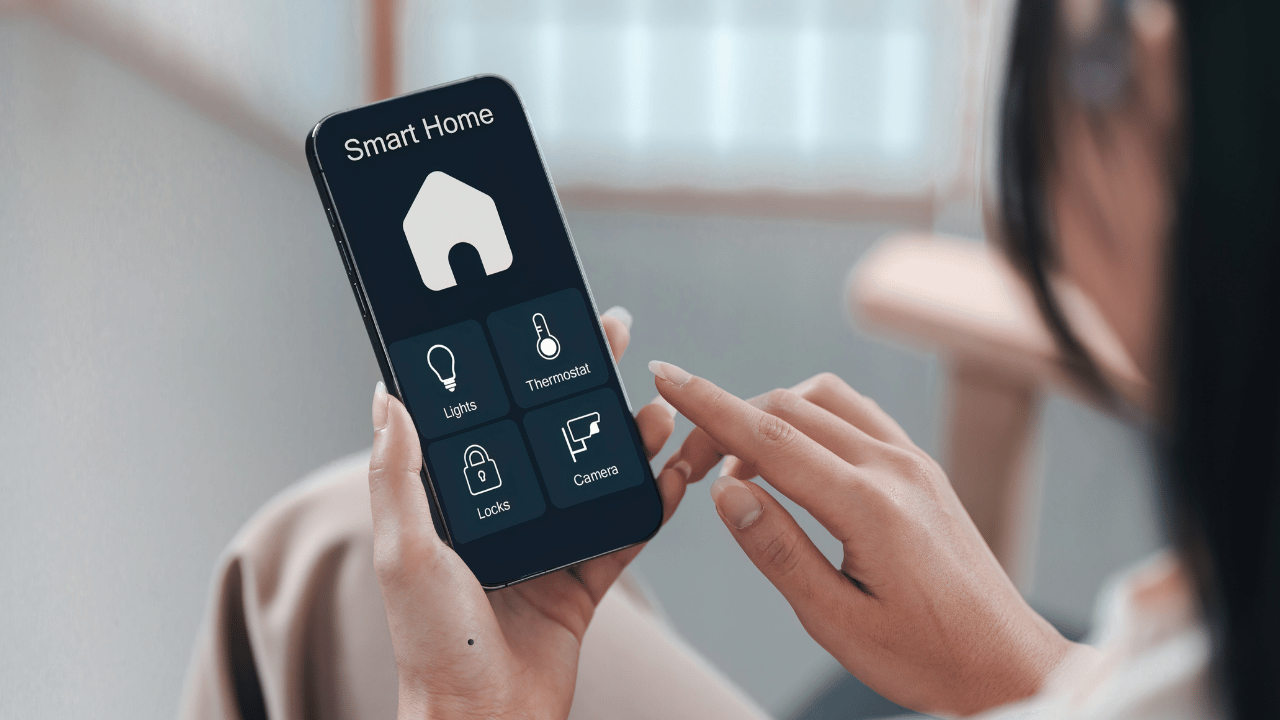
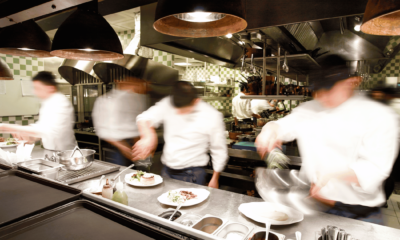



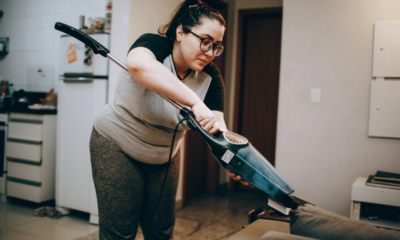

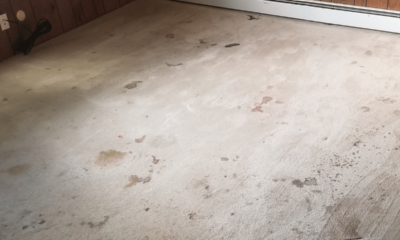

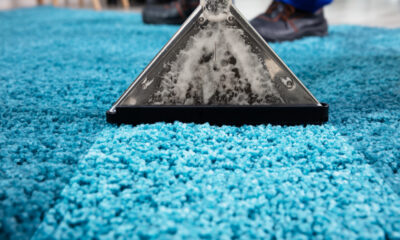

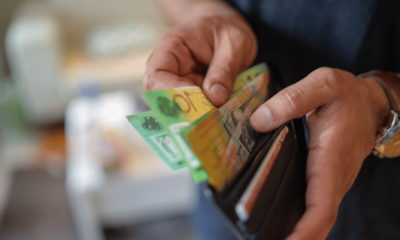

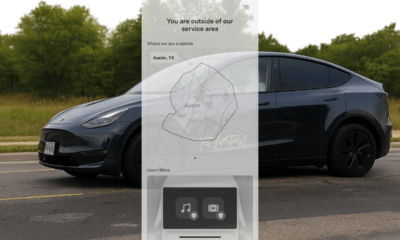










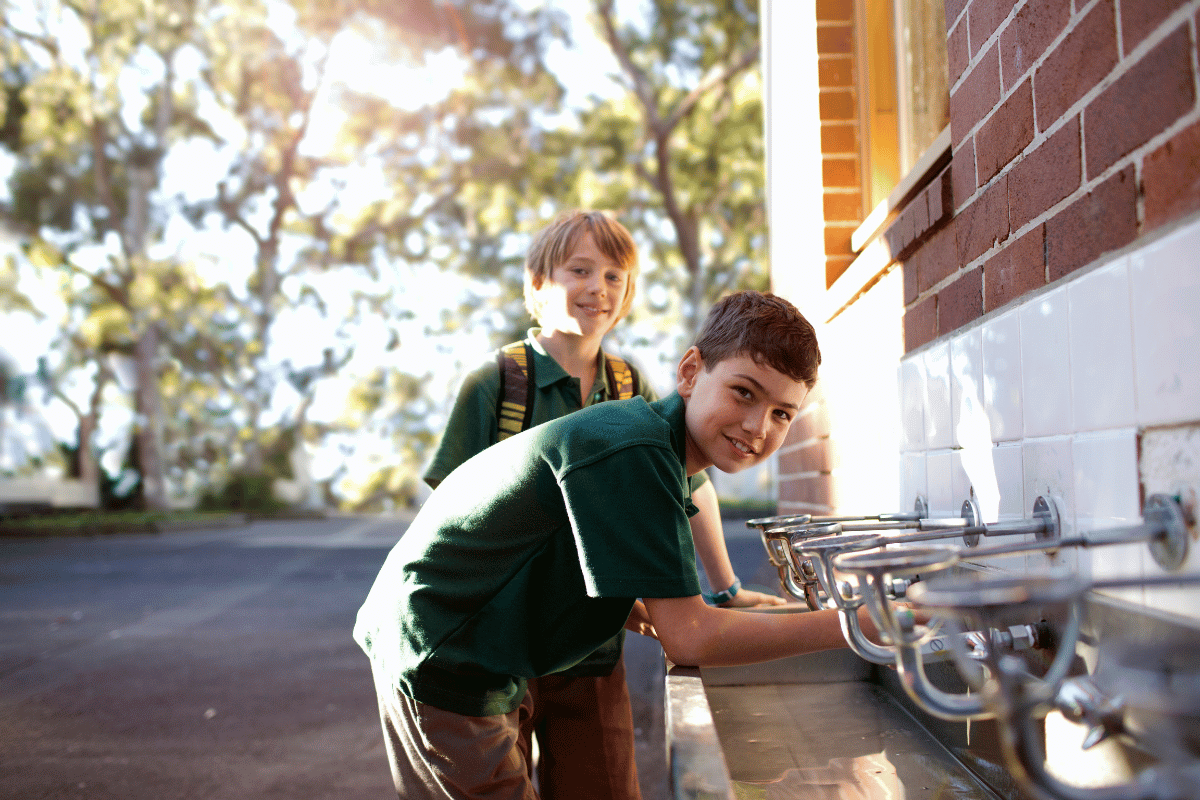

You must be logged in to post a comment Login